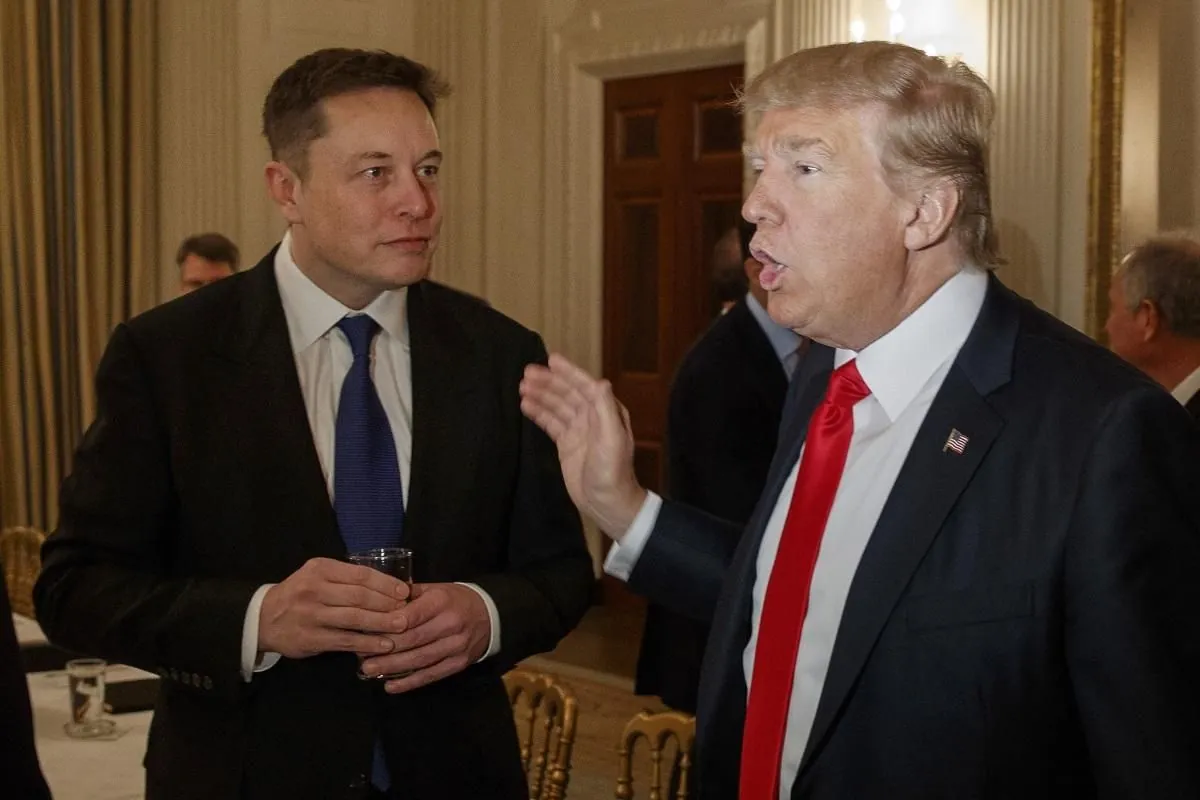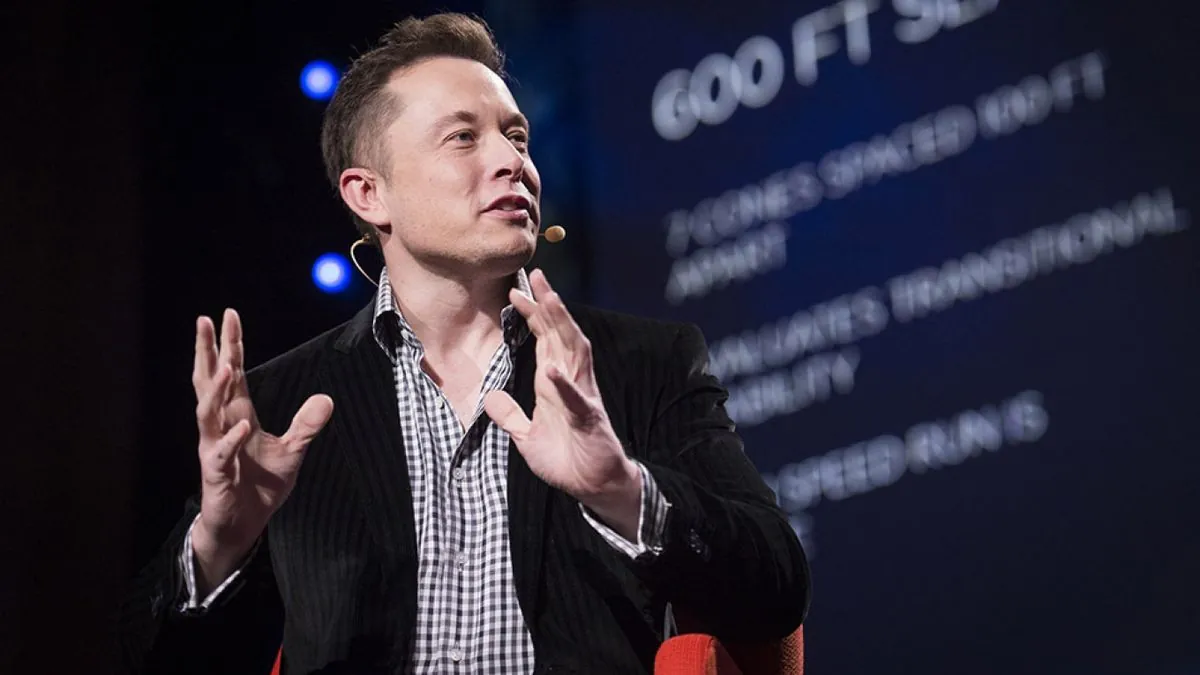Experts Challenge Musk's Cyberattack Claim on X's Trump Interview Delay
Former X engineers and security experts express skepticism over Elon Musk's assertion of a DDoS attack causing delays in his conversation with Donald Trump. Lack of evidence and alternative explanations fuel doubts.

Doubts have emerged regarding Elon Musk's claim that a cyberattack caused a 40-minute delay in his audio conversation with Donald Trump on X's Spaces platform. Former engineers and security experts have questioned the validity of this assertion, citing a lack of evidence and alternative explanations for the technical issues.
The incident occurred during a highly anticipated event on X, formerly known as Twitter, which Musk acquired in October 2022 for $44 billion. The platform, founded in 2006, has undergone significant changes since the acquisition, including substantial staff reductions and infrastructure modifications.
Musk attributed the delay to a Distributed Denial of Service (DDoS) attack, a type of cyberattack first observed in 1996. However, a senior engineer at X reportedly informed an outside expert that no evidence of such an attack had been found. This revelation has fueled skepticism among technology professionals and former X employees.

Security consultant and former NSA hacker Robert Graham expressed doubt about the DDoS claim, stating:
"DDoS is certainly a plausible reason, but I think it's unlikely, and I'd demand to see actual numbers to believe it was DDoS."
The skepticism is further reinforced by the fact that other parts of X continued to function normally during the incident, suggesting that any potential attack would have been highly targeted. Moreover, companies monitoring internet traffic reported no unusual activity during the time in question.
Some experts have drawn parallels to a previous incident involving Florida Governor Ron DeSantis, who experienced technical difficulties during his Republican presidential campaign launch on the same platform. This has led to speculation that the issues may be related to X's infrastructure changes rather than external attacks.
Former X engineers have attributed the problems to the significant reduction in staff and infrastructure since Musk's takeover. One anonymous ex-employee stated, "We're all just rolling our eyes," implying that such issues were predictable given the extensive cutbacks.
The incident has also sparked a flurry of unsubstantiated theories among Musk's followers on X, ranging from accusations of "deep state" interference to claims of Democratic attempts to silence Trump. These speculations gained traction despite the lack of evidence, highlighting the platform's ongoing challenges with misinformation.
While Musk claimed to have tested the system's capacity to handle 8 million simultaneous connections, experts suggest that such tests may not accurately reflect real-world conditions. The event eventually reached an audience of 1 million listeners, a feat that other platforms can achieve without significant issues.
As of now, Musk has not provided additional information or data to support his cyberattack claim. The lack of transparency has only fueled further skepticism among experts and former employees.
This incident underscores the ongoing challenges faced by X in maintaining its infrastructure and credibility in the face of significant changes and high-profile events. As the platform continues to evolve under Musk's leadership, questions about its technical capabilities and handling of misinformation remain at the forefront of public discourse.


































